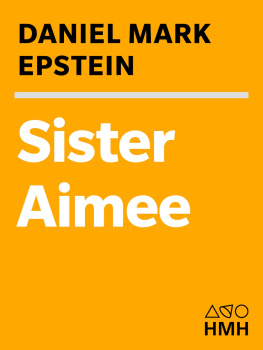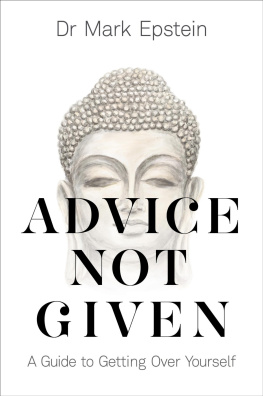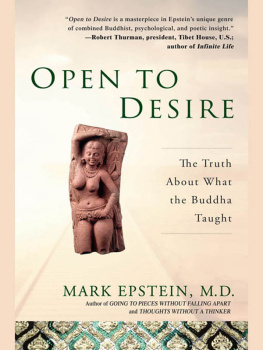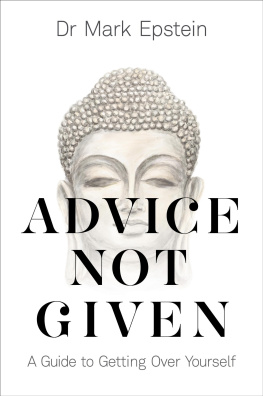Daniel Mark Epstein - The Loyal Son: The War in Ben Franklins House
Here you can read online Daniel Mark Epstein - The Loyal Son: The War in Ben Franklins House full text of the book (entire story) in english for free. Download pdf and epub, get meaning, cover and reviews about this ebook. year: 2017, publisher: Random House Publishing Group, genre: Detective and thriller. Description of the work, (preface) as well as reviews are available. Best literature library LitArk.com created for fans of good reading and offers a wide selection of genres:
Romance novel
Science fiction
Adventure
Detective
Science
History
Home and family
Prose
Art
Politics
Computer
Non-fiction
Religion
Business
Children
Humor
Choose a favorite category and find really read worthwhile books. Enjoy immersion in the world of imagination, feel the emotions of the characters or learn something new for yourself, make an fascinating discovery.

- Book:The Loyal Son: The War in Ben Franklins House
- Author:
- Publisher:Random House Publishing Group
- Genre:
- Year:2017
- Rating:5 / 5
- Favourites:Add to favourites
- Your mark:
- 100
- 1
- 2
- 3
- 4
- 5
The Loyal Son: The War in Ben Franklins House: summary, description and annotation
We offer to read an annotation, description, summary or preface (depends on what the author of the book "The Loyal Son: The War in Ben Franklins House" wrote himself). If you haven't found the necessary information about the book — write in the comments, we will try to find it.
The Loyal Son: The War in Ben Franklins House — read online for free the complete book (whole text) full work
Below is the text of the book, divided by pages. System saving the place of the last page read, allows you to conveniently read the book "The Loyal Son: The War in Ben Franklins House" online for free, without having to search again every time where you left off. Put a bookmark, and you can go to the page where you finished reading at any time.
Font size:
Interval:
Bookmark:
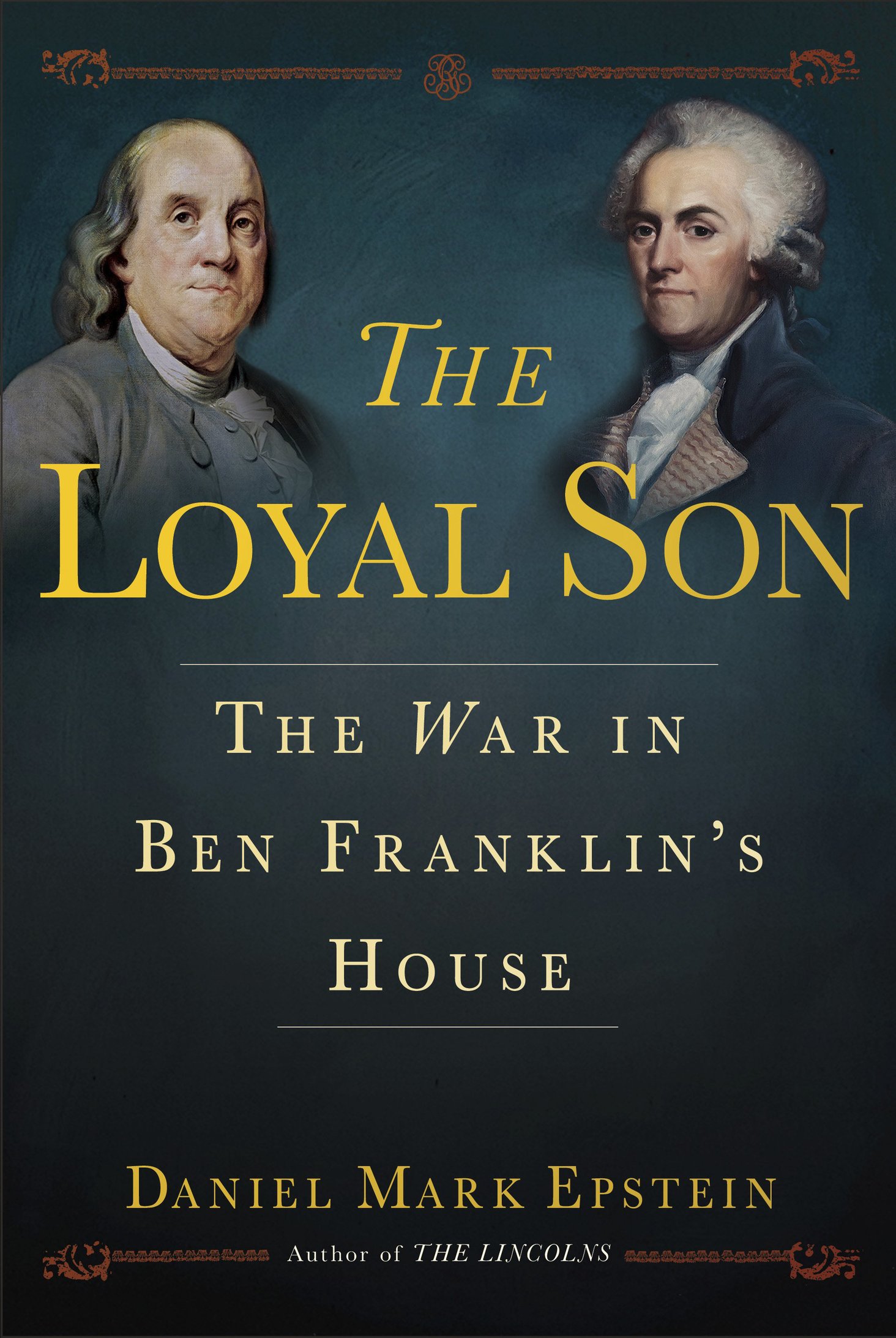
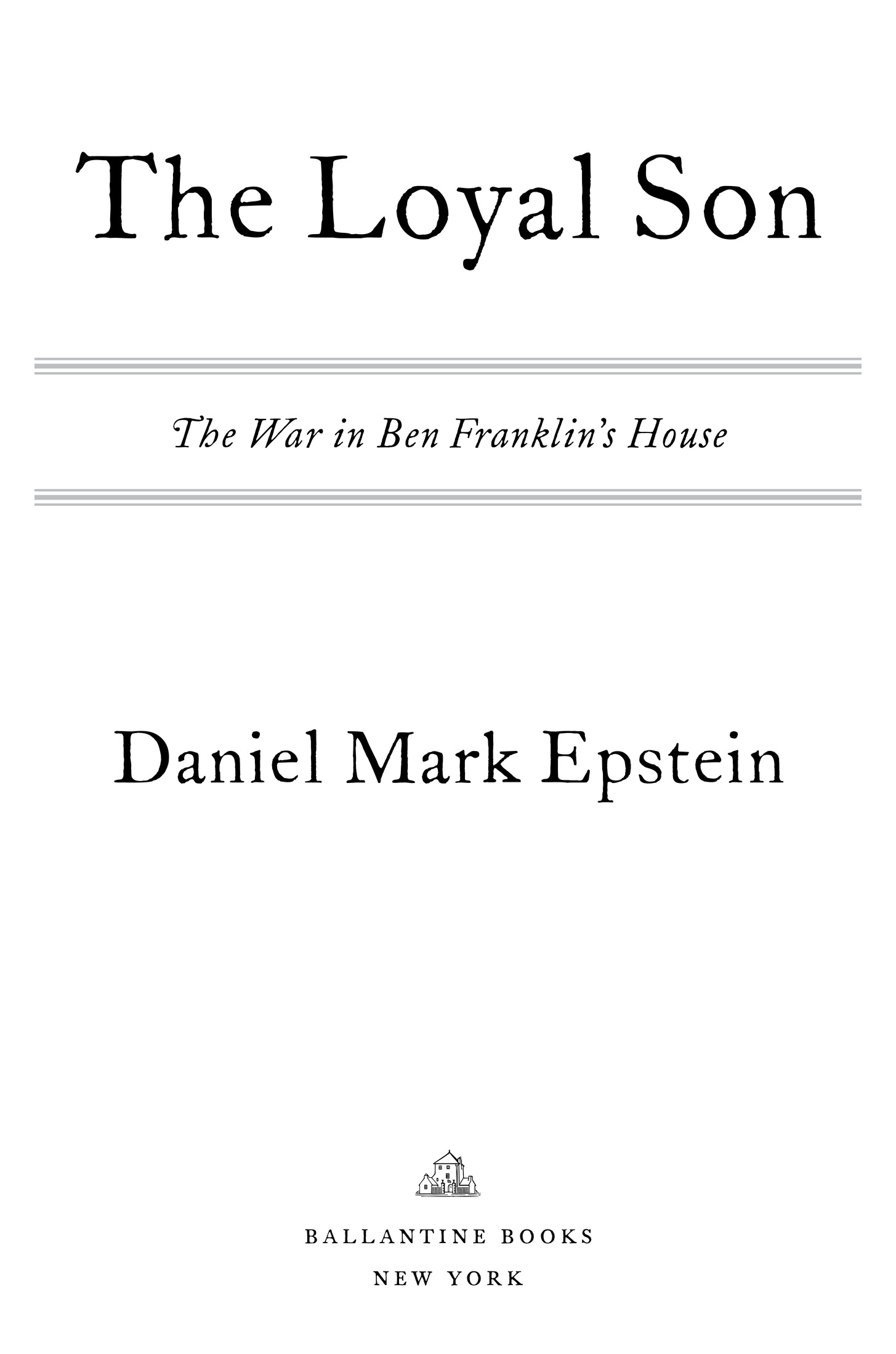

Copyright 2017 by Daniel Mark Epstein
Map copyright by David Lindroth Inc.
All rights reserved.
Published in the United States by Ballantine Books, an imprint of Random House, a division of Penguin Random House LLC, New York.
B ALLANTINE and the H OUSE colophon are registered trademarks of Penguin Random House LLC.
LIBRARY OF CONGRESS CATALOGING-IN-PUBLICATION DATA
Names: Epstein, Daniel Mark, author.
Title: The loyal son : the war in Ben Franklins house / Daniel Mark Epstein.
Description: First edition. | New York : Ballantine Books, 2017. | Includes bibliographical references and index.
Identifiers: LCCN 2017013553| ISBN 9780345544216 (hardcover : alk. paper) |
ISBN 9780345544223 (ebook)
Subjects: LCSH: Franklin, Benjamin, 1706-1790. | Franklin, William, 17311813. | StatesmenUnited StatesBiography. | GovernorsNew JerseyBiography. | American loyalistsBiography. | Statesmens childrenUnited StatesBiography. | United StatesPolitics and government17751783.
Classification: LCC E302.6.F8 E59 2017 | DDC 973.3092 [B]dc23
LC record available at https://lccn.loc.gov/2017013553
Ebook ISBN9780345544223
randomhousebooks.com
Book design by Caroline Cunningham, adapted for ebook
Cover design: Daniel Rembert
Cover paintings: Joseph-Siffred Duplessis, portrait of Benjamin Franklin (Getty Images), Danuta Wyszynski, after Mather Brown, portrait of William Franklin (collection of Proprietary House Association, Perth Amboy, N.J.)
v4.1
ep
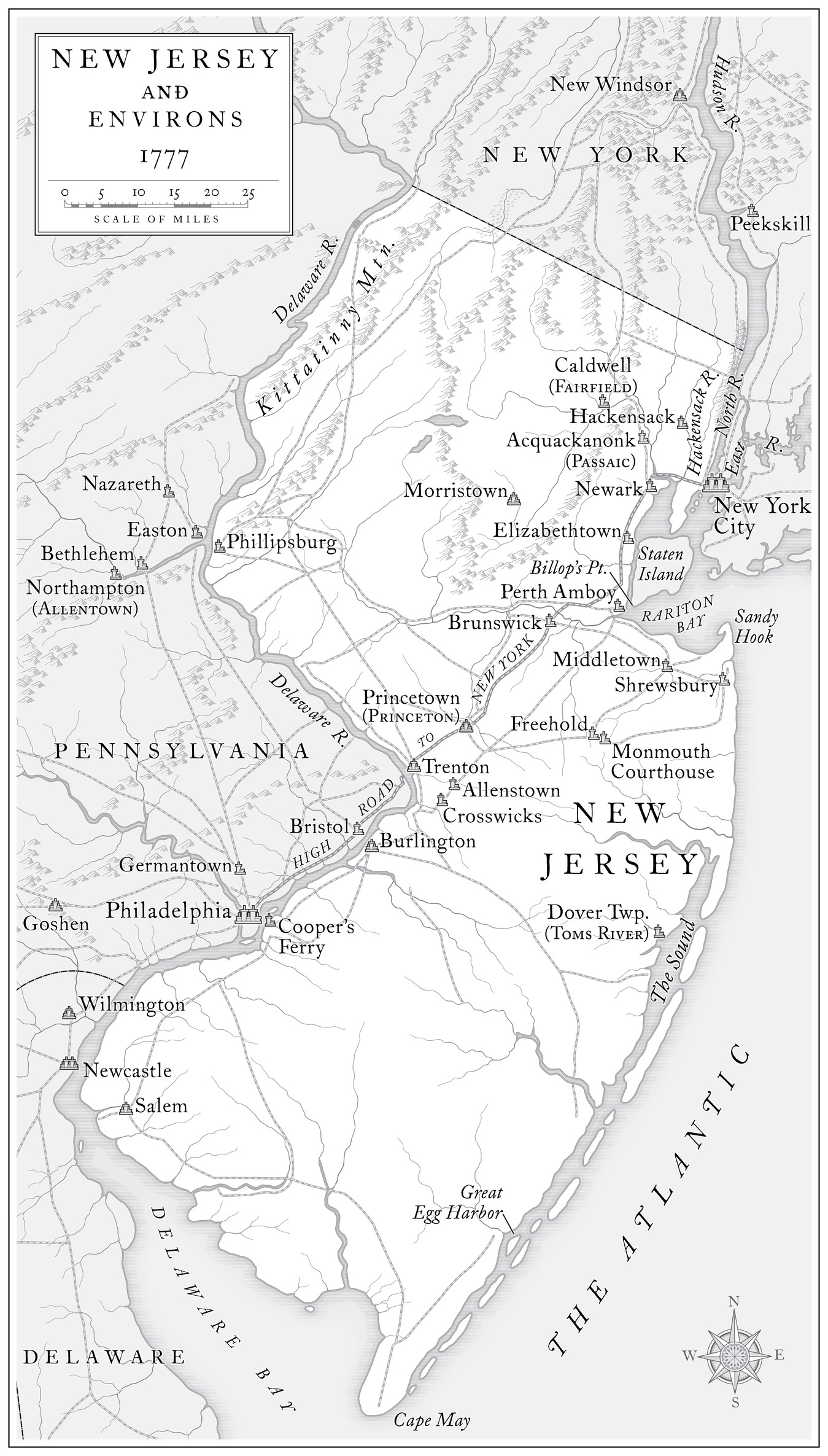

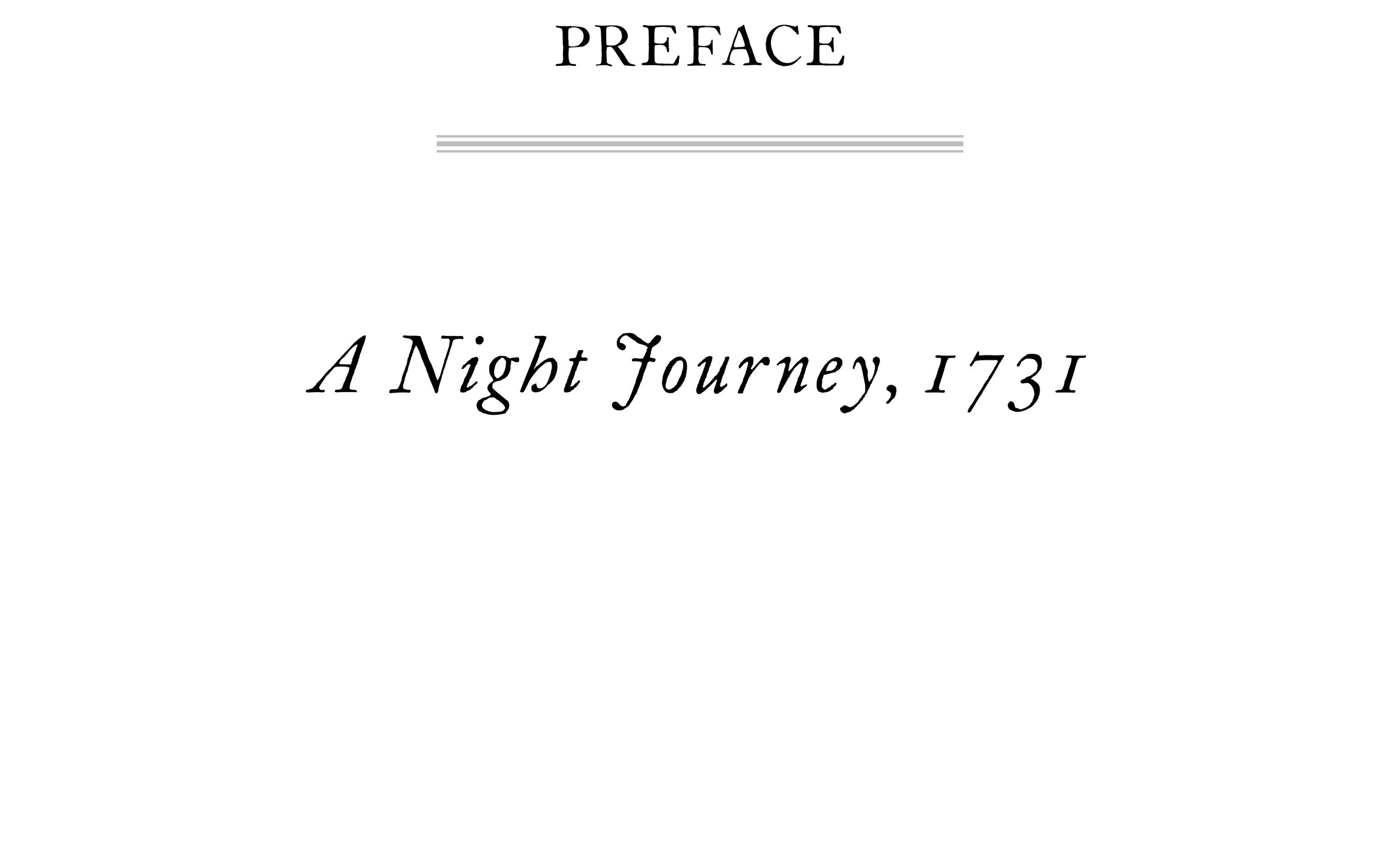

W ORKS OF FICTION OFTEN benefit from prefaces that are non-fictional statements. These are usually personal and sometimes historical remarks by the writer that help us find our way into the story. Is it possible that a book of history might profit from a nearly fictional preface? Might an author part from convention just long enough to favor the reader by turning the tables? I dont know if it has ever been done before; but, begging the readers indulgence I mean to try it.
When I am done with my preface, I will resume my vocation as a historian with no constellation to guide my craft but the facts.
O N A STARRY NIGHT in April 1731, a young man in a borrowed two-wheeled shay drove along the Lower Post Road from Burlington, New Jersey, toward Coopers Ferry, where he hoped to cross the river into Philadelphia before daybreak. There was enough of the moon in its last quarter to light the muddy road.
Beside him on the seat was a packing crate lined with blankets, and wrapped in the blankets and wound in bunting was a baby. Right now the baby was sleeping, lulled by the rhythm of the horses hooves and the easy jouncing of the carriage upon its creaking wheels. The driver guided the horse carefully in the hope that a bump in the road wouldnt set the baby to crying again. Just eight months old, he had never been long away from his mother. She had explained a few hours ago that if the baby cried he was to pick him up, just so, and put him up on the shoulder and pat him, once, twice, and again to raise the air in his belly. Then rock him or sing to him and he would go back to sleep. He was a good baby, she said, sobbing. He does not cry or fuss but when he is hungry or raw or has the air in his belly.
She had weaned him early in anticipation of this terrible hour. In a separate compartment of the crate were a pewter sucking pot, a silver pap boat and spoon for pabulum, and a covered jar of mixed flour, bread, and water. He knew nothing about babies but meant to figure it out.
Franklin was famously capable. In the fullness of his twenty-four years he had proved this to himself and a few other people and was sometimes frightened of his own power. The advantage was partly an inborn mental endowment, a knack for absorbing knowledge and putting it to work in useful and novel ways. In spite of little schooling he had mastered Latin, French, ancient history, and strange branches of mathematics such as the magic square. He was a wunderkind, at sixteen already demonstrating a command of language that would make him the greatest writer of topical essays in America. A precocious businessman, at seventeen he had replaced his brother as editor of The New-England Courant; now he was owner of The Pennsylvania Gazette and the colonys official printer.
All of these accomplishments might be understood as functions of intellect and a hearty constitution. But he had more mysterious talents: an ability to see things, events, objects, before they appeared to his senses; also his potent influence upon people of all ageshe couldnt account for it and preferred not to think too much about it, but this was a force he had come to rely upon without conscience.
Franklin believed in God but shunned the church. At nineteen he had published a pamphlet arguing against free will. As God was infinitely wise, good, and almighty, nothing in His creation could be wrong. Therefore vice and virtue were empty distinctions. By and by, though, he had begun to see the danger in this creed. He had allowed a large debt to a friend go unpaid. He treated his brother badly, first by running out on his apprenticeship in Boston, then by returning there in triumph a year later, flaunting his new wealth, flashing gold coins, embarrassing James in front of his staff. He had treated his fiance, Deborah, terribly at one time, neglecting her while indulging his passion for low women.
Lacking a proper philosophy, religion, or supervision, he realized there was no end of mischief and misery he might cause the world. Look what had happened in the past year during a time when he was trying so hard to mend his ways.
The carriage hit a bump and the baby stirred in the wooden box, murmuring, and then fell silent again.
Two women were in love with Benjamin Franklin. One he loved with all his heart and soul; the other was his wife, who was waiting for him, weary and anxious, in their rooms on Market Street in Philadelphia. The woman he had left behind, weeping, at the door of a mansion on the outskirts of Burlington was the mother of the child who lay beside him.
He had met the woman at a lively dinner gathering at the home of the surveyor general in Burlington three years ago, when Franklin and his business partner were printing paper money for the province of New Jersey. She and her husband, Captain Joseph Bradford, were seated when he entered the parlor. The first thing he noticed was the sheen of her long, abundant hair, nearly black, pinned back, strands touching her bare shoulders, and eyes of china blue that made a brilliant contrast. The second thing he noticed as she rose and extended a slender hand was how tall she was, almost equal to his five feet ten inches.
Font size:
Interval:
Bookmark:
Similar books «The Loyal Son: The War in Ben Franklins House»
Look at similar books to The Loyal Son: The War in Ben Franklins House. We have selected literature similar in name and meaning in the hope of providing readers with more options to find new, interesting, not yet read works.
Discussion, reviews of the book The Loyal Son: The War in Ben Franklins House and just readers' own opinions. Leave your comments, write what you think about the work, its meaning or the main characters. Specify what exactly you liked and what you didn't like, and why you think so.


